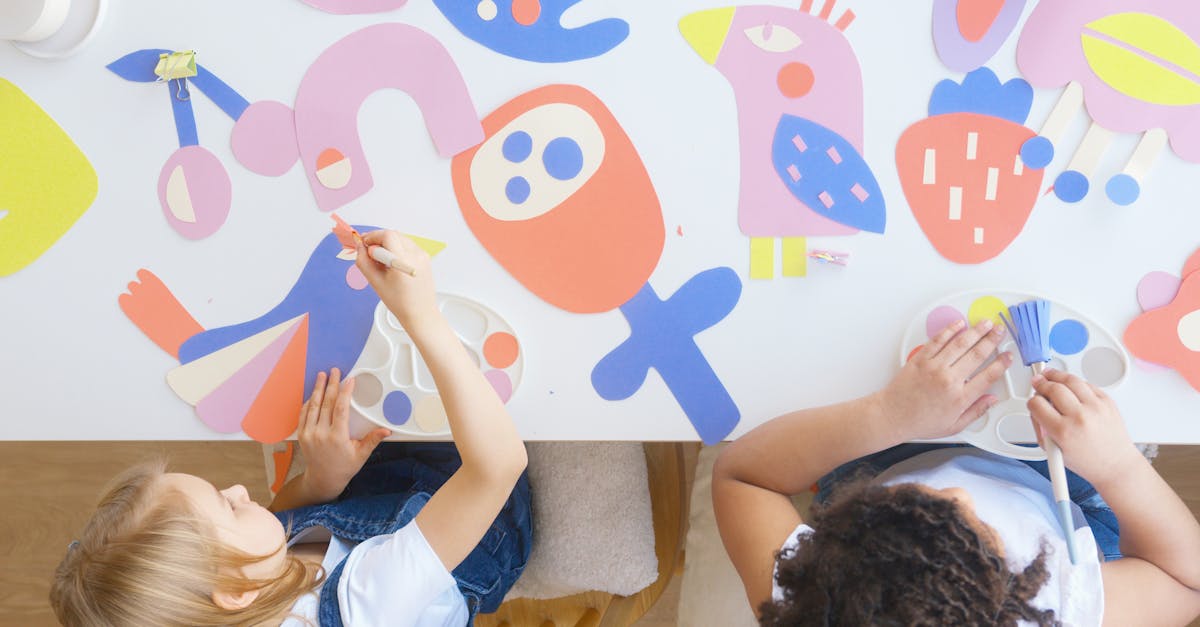Introduction: Navigating the New Educational Landscape
Navigating the intersection of traditional education and AI-powered learning is no small feat for parents today. Between understanding conventional schooling and keeping up with cutting-edge tech, it can feel like walking a tightrope. In this ever-changing landscape, how do you ensure your child gets the best of both worlds? This guide aims to provide practical, heartwarming advice to help you help your child thrive.

Understanding Traditional Education
Traditional education is our old reliable, like that family recipe handed down over generations. It involves teachers, textbooks, and face-to-face interaction in a structured environment. Think of it as the foundation upon which everything else is built. Kids learn social skills, discipline, and academic basics in this setting. However, it’s not without its drawbacks—most notably, one-size-fits-all teaching methods that might not cater to every child’s unique learning style.

The Rise of AI-Powered Learning
Enter AI-powered learning, the new kid on the block that promises to revolutionize education as we know it. This approach uses advanced algorithms to tailor educational experiences specifically to each student. With AI, learning can be personalized, adaptive, and interactive, keeping your child more engaged.
Imagine a tutor available 24/7 without the hefty price tag. But like all innovations, it comes with its own set of challenges, including screen time concerns and the need for parental guidance.
Finding the Balance: Tips and Tricks
So, how do you blend these two worlds? First, start slow—introduce AI tools as supplements, not replacements. Set specific times for AI activities, and use them to reinforce what your child is already learning in school. Monitor progress and remain flexible; if one tool isn’t working, try another. The key is to create a harmonious blend, ensuring a well-rounded education for your child by leveraging the strengths of both traditional and AI-powered learning.

Emotional Challenges: What to Expect
Balancing these two educational methods is emotionally charged. It’s normal for kids to feel confused or even rebel against new routines. Similarly, parents may struggle with guilt or anxiety over whether they’re making the right choice. The trick is to stay patient and open-minded. Acknowledge your child’s feelings and reassure them that change is a part of growth. Don’t forget your own mental well-being—practice self-care. After all, a relaxed parent can better support their child.

Encouraging Interaction and Engagement
Encouraging your child to give feedback and voice their concerns can significantly impact their learning experience. Make learning a family affair—discuss what went well and what didn’t, and adjust accordingly. Ask questions and explore AI tools together to make it a collaborative effort. Create a supportive environment that makes your child feel involved in their educational journey. Remember, your enthusiasm is contagious and can go a long way in keeping your child motivated.

